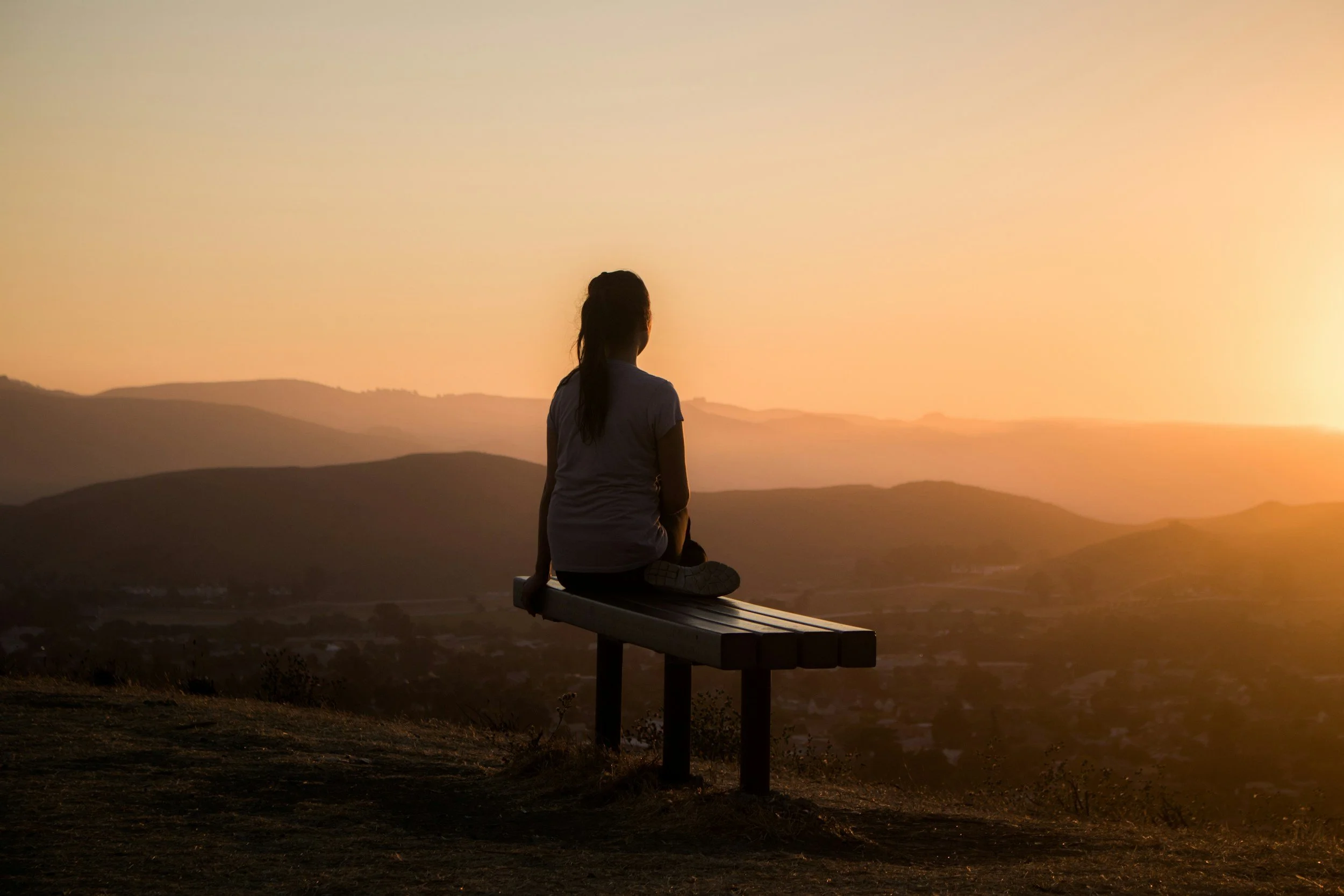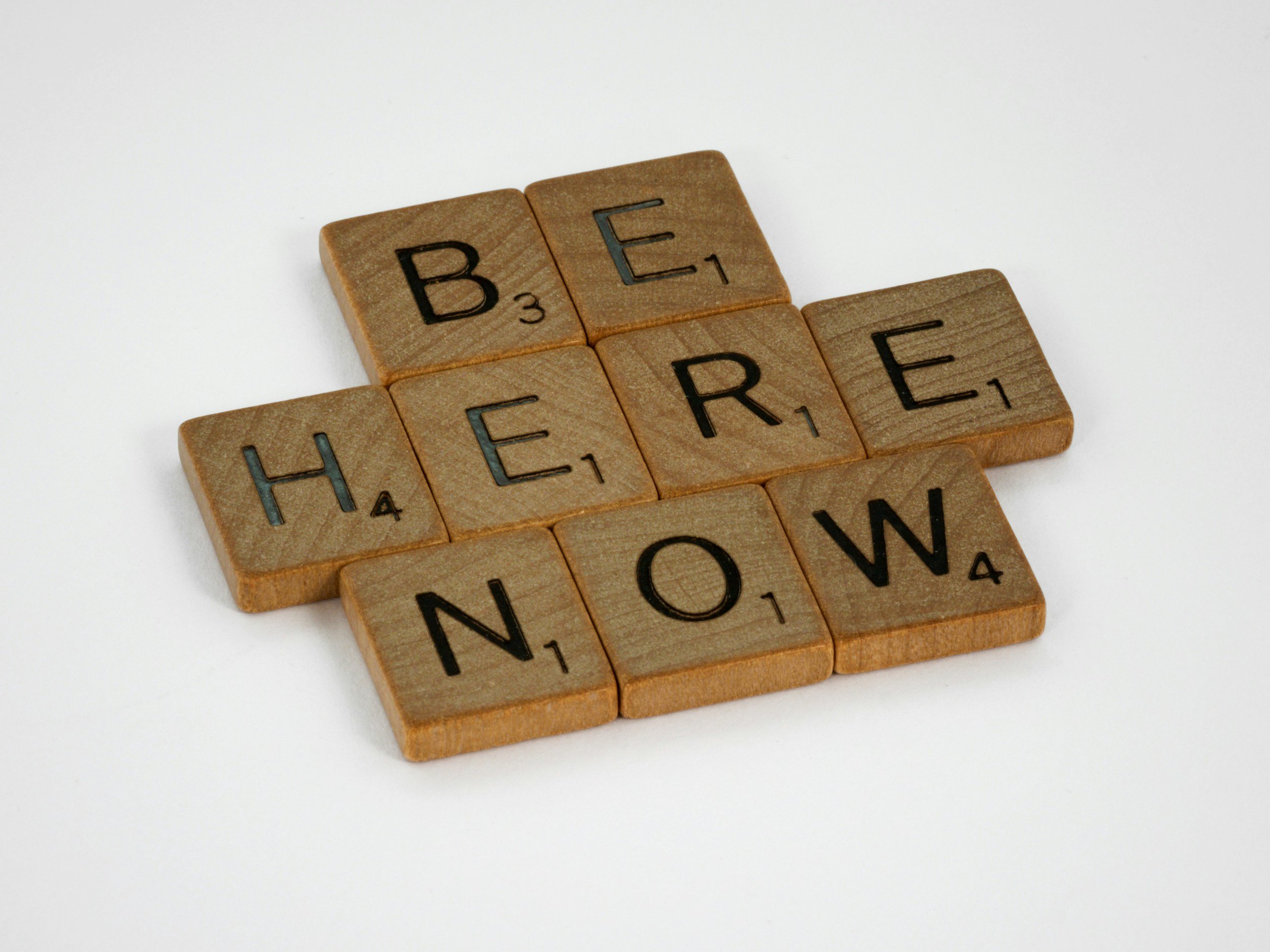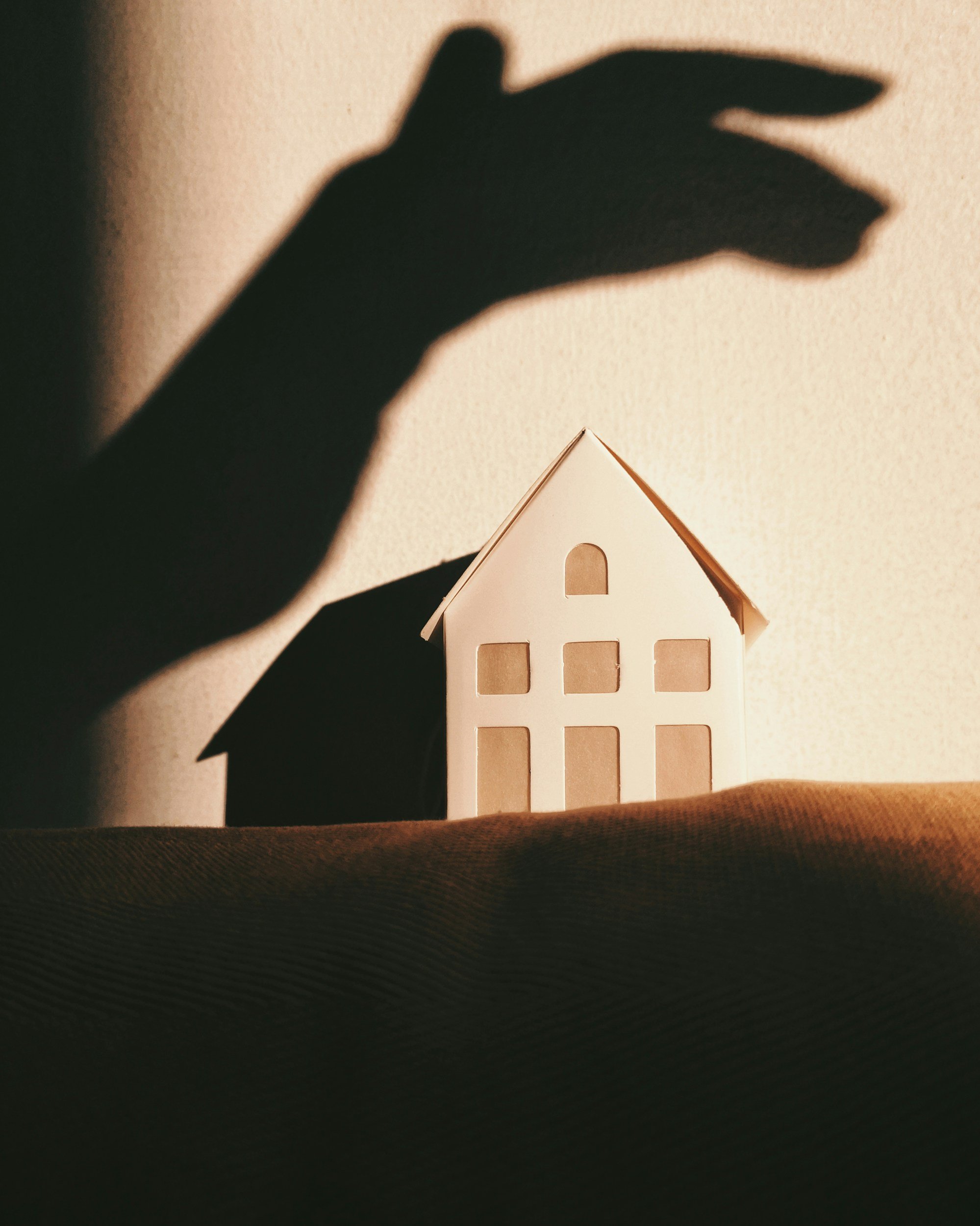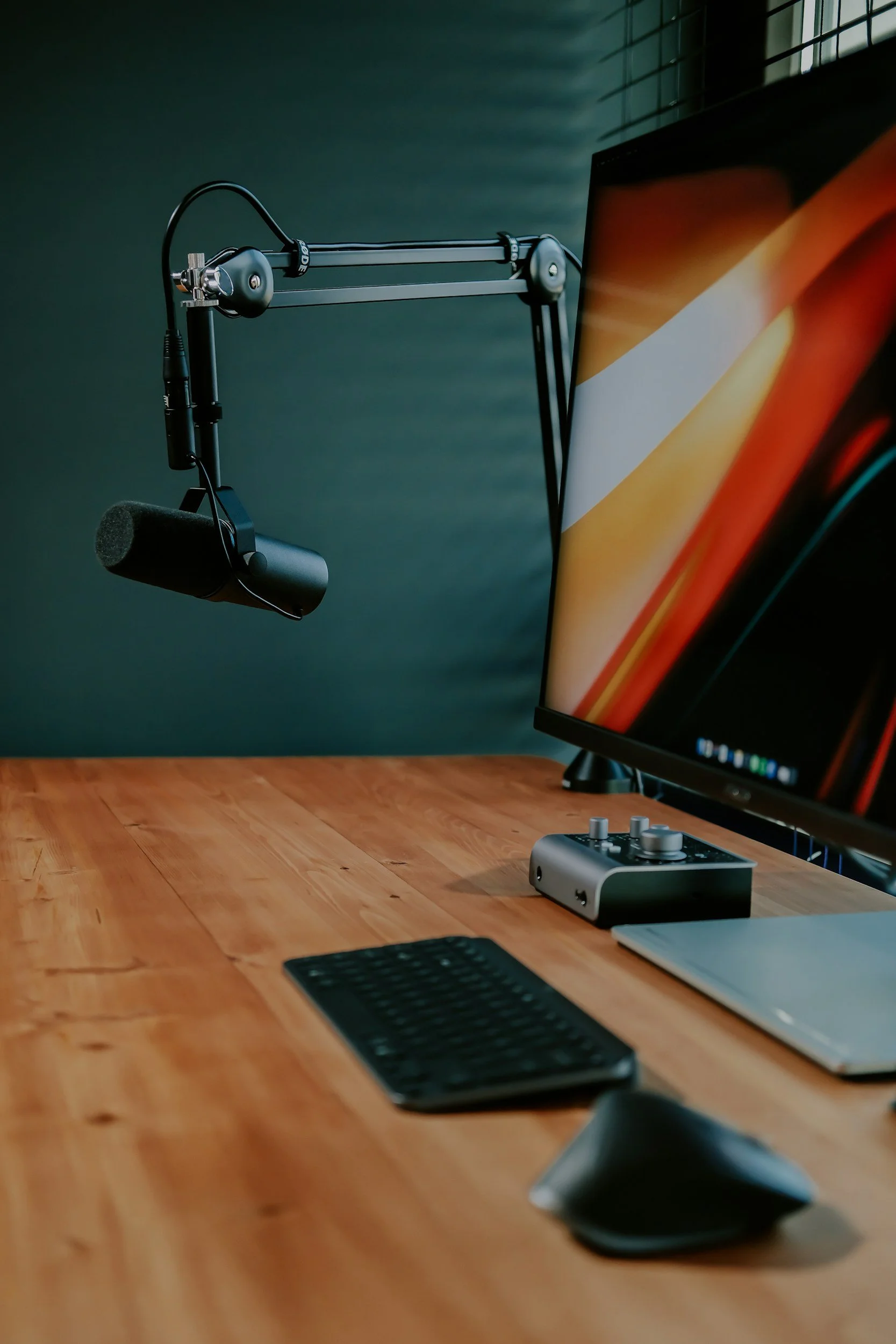Healthy vs. Unhealthy Guilt and How To Push Past It
No one is perfect. We’re all going to do something wrong at some point, and that’s completely normal. When you recognize the mistake you’ve made, it can cause you to feel guilty. Guilt is a normal emotion when you’ve done something wrong — especially if it negatively impacts others.
In that way, guilt can be a healthy emotion. It serves as a tool to help us recognize right from wrong. No one likes feeling guilty, so when it creeps in after you’ve done something unsavory, it can “train” you to avoid doing that again.
Healthy guilt can serve as a great inner compass. It can help to foster strong relationships and motivate you to be your best self.
But there’s also such a thing as unhealthy guilt. It tends to occur when your feelings go to extremes, and you can’t get rid of the weight you’re feeling after doing something wrong.
Let’s examine healthy and unhealthy guilt and consider what you can do to move forward.
The Role of Dopamine in Anxiety: Why Some Coping Strategies Backfire
Dopamine plays a key role in anxiety, motivation, and reward-seeking behaviors. Learn how dopamine-driven coping strategies—like social media, caffeine, and avoidance—can sometimes make anxiety worse and what to do instead.
Mindful Techniques for Anxiety Relief: How to Stay Present and Calm
Anxiety can make you feel stuck in worry, but mindfulness offers relief. Learn simple, effective mindful techniques to calm your mind and reduce anxiety in the moment.
Five Strategies for Academic Performance Anxiety: How to Manage Stress and Succeed
Struggling with academic performance anxiety? Learn five effective strategies to manage stress, overcome perfectionism, and perform your best without burnout.
Anxiety Therapy in Rathdrum, ID: A Quiet Space to Feel Less Overwhelmed
Rathdrum offers the kind of small-town calm many people crave but that doesn’t mean everyone who lives here feels at ease. Anxiety doesn’t care if the world outside is quiet. If your inner world feels loud, scattered, or weighed down, therapy can help.
Tips to Naturally Reduce Anxiety
Anxiety impacts millions of people across the world. It’s one of the most common mental health conditions and can affect everyone just a little bit differently.
What Are Negative Thought Patterns and How Can You Stop Them?
You’ve probably heard the saying, “You are your own worst enemy”. Many people tend to be self-critical, and you might be harder on yourself than you are with others. While those issues aren’t uncommon in small doses, they can become problematic when you’re dealing with consistent negative thought patterns.



















